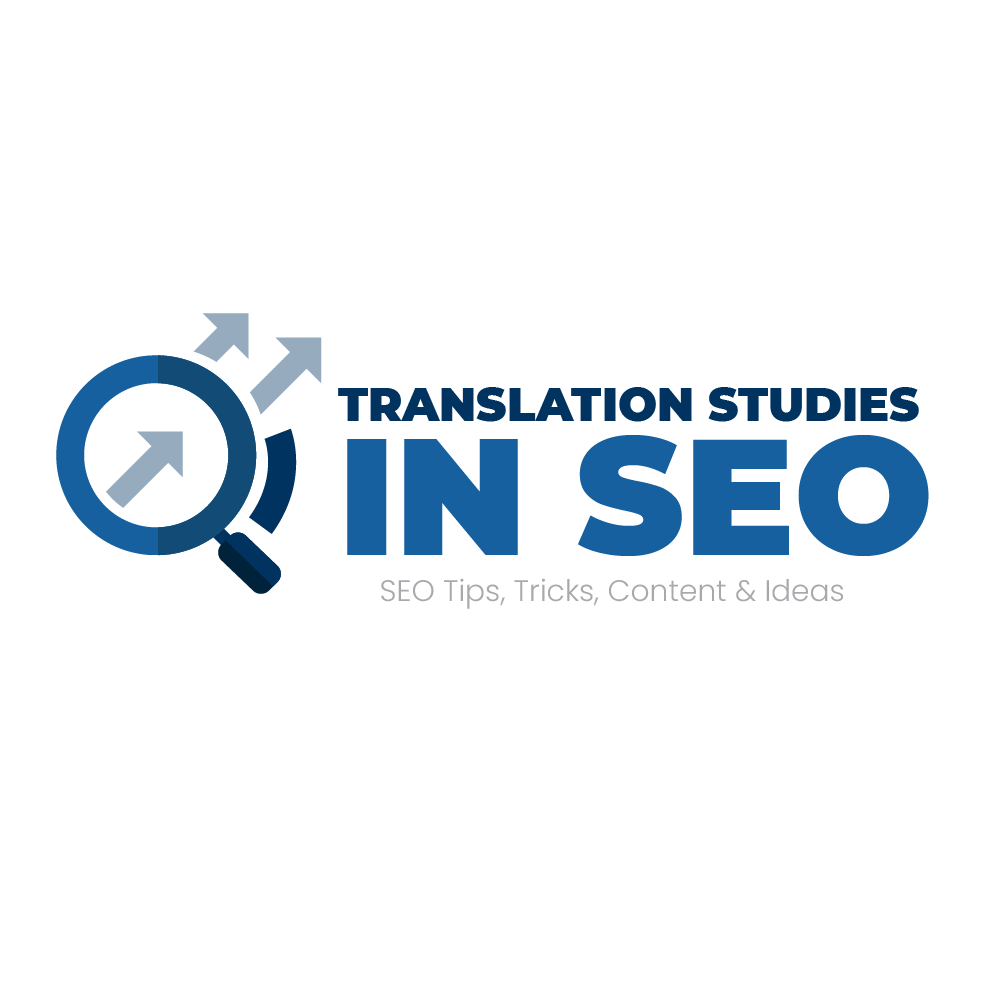
SEO (search engine optimization) is an online marketing strategy designed to help lawyers attract and convert clients online. SEO offers cost-effective and long-term ways of increasing visibility in search engines while simultaneously strengthening credibility for any law firm website.
SEO success relies heavily on content and user experience, with links and technical optimization providing support roles. Attorneys that target high-converting keywords typically see their websites rank well for general searches as a result.
Keyword research
With more than 1.3 million lawyers practicing law in the US, competition for new clients can be fierce. SEO can help law firms stand out from the pack and secure more cases by optimizing search volume and competition analysis using tools such as Ahrefs; additionally it should take into account searcher intent; for instance queries like “car accident lawyer” may receive high search volumes but don’t always translate to signed cases.
Once you have your list of keywords, create pages that focus on their priorities. Add a meta description that encourages visitors to click, not only does this not effect ranking but it can have a dramatic effect on conversion rates as well.
On-page optimization
On-page optimization refers to strategies a company can control and use to boost search engine rankings. This may include page titles, URLs and content editing as well as structural elements like headings and subheadings containing keywords that boost rankings; it’s best practice not overdo this as Google could penalize your website if keyword stuffing occurs.
At the core of on-page optimization is making sure your website is mobile-friendly – particularly given that many legal services searches occur via smartphones. A responsive site can improve search results and drive more visitors to your attorney website.
One on-page SEO tactic to consider is creating unique meta descriptions for each page of your website, which will allow search engines to better comprehend each page and potential clients to decide whether or not they wish to click through to it. A unique meta description will also make your website stand out amongst its competition.
Link building
Backlinks are an integral component of attorney seo. They show Google that you are an authority in your field and, consequently, will rank higher in search results. Acquiring backlinks takes time and requires effort; to be successful at building links effectively you should establish an all-encompassing link building strategy covering different tactics from different sources.
One effective strategy for building links on your website is creating informative content, such as guides, FAQ pages and original research. Ahrefs provides another great tool for uncovering link opportunities to your competitors.
Guest posting on relevant blogs is also an effective way of building links, but this method may be risky; only use high-quality and authoritative websites when guest blogging as this may impact negatively upon your rankings and is difficult to track; expect results to appear after three to six months.
Content creation
Content creation is a crucial aspect of attorney SEO; it allows prospective clients to assess your firm’s expertise, authority and trustworthiness. A law firm website should contain articles or pages which outline services provided and answer frequently asked questions; this also contributes towards search engine optimization efforts.
Attorney SEO (or search engine optimization) is a comprehensive approach designed to increase a law firm’s presence on Google search results. It encompasses various tactics ranging from writing engaging content creations and optimizing technical foundations for peak performance to writing compelling copy on legal topics. Be mindful that attorney SEO requires patience as tangible results may take some time before becoming apparent.
Content written for law firms should always be ethical and relevant to its target audience. Claims made without evidence or excessive use of hyperbole should be avoided as these actions may violate bar association ethics codes and raise red flags with search engines. In addition, law-specific schema markup should be implemented on each web page containing structured data such as pages dedicated to legal services.
